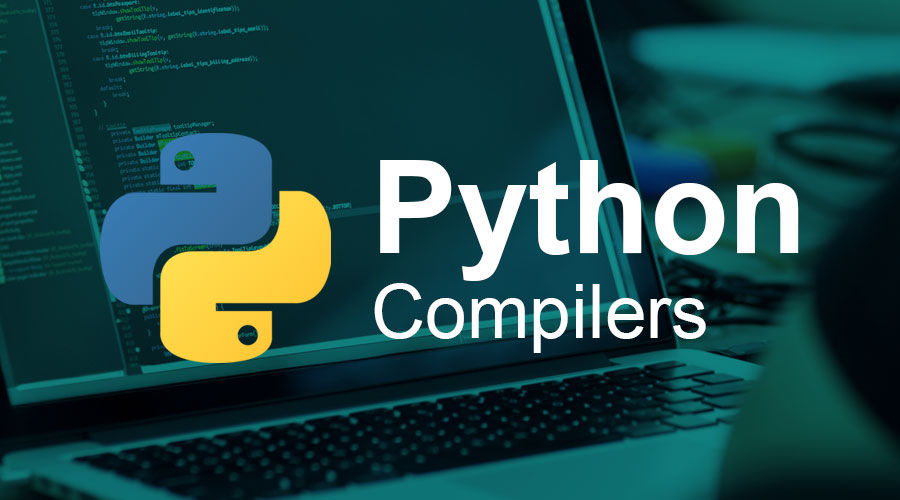5 Compelling Reasons to Use a Python Compiler
- Tutorials Freak
- Sep 15, 2023
- 3 min read

Python is a widely used, high-level programming language known for its simplicity and readability. It’s often used for web development, data analysis, scientific computing, and more. While Python is typically interpreted, there are scenarios where using a Python compiler can be advantageous. In this article, we’ll explore five compelling reasons why you might want to consider using a Python compiler.
Performance Optimization:
One of the primary motivations for using a Python compiler is performance optimization. Python is an interpreted language, which means that code is executed line by line. This can lead to slower execution times, especially for computationally intensive tasks. When you use a Python compiler, your code is translated into machine code before execution, significantly boosting performance. This is particularly useful for tasks like numerical simulations, machine learning, and game development where every bit of performance matters.
Code Protection:
Python code is usually easy to read and understand, which is great for collaboration and debugging. However, this also means that your source code is more accessible to others. If you have sensitive algorithms or intellectual property to protect, using a Python compiler can help obfuscate your code. It compiles the code into binary executables, making it difficult for others to reverse engineer or tamper with your software.
Cross-Platform Compatibility:
Python is known for its platform independence, but there can still be compatibility issues when moving Python programs between different operating systems or versions of Python. Python compilers can generate standalone executables that eliminate such compatibility concerns. This makes it easier to distribute your software to users who might not have Python installed or are running different environments.
Improved Startup Time:
When you run a Python script, there’s an inherent startup time associated with initializing the Python interpreter and loading necessary modules. For short-lived tasks or command-line utilities, this startup time can become a bottleneck. Compiling your Python code reduces or eliminates this startup time, resulting in quicker execution and responsiveness, which can be crucial for certain applications.
Deployment and Distribution:
Distributing Python applications to end-users can be a challenge due to Python’s reliance on external libraries and dependencies. Python compilers package all the necessary components into a single executable, simplifying deployment. This not only makes it easier for users to install and run your software but also reduces the chances of version conflicts and installation issues.
In addition to the performance boost and code protection, using a Python compiler also offers the benefit of increased portability and ease of distribution. By compiling your Python code into standalone executables, you eliminate the need for users to install Python or manage complex dependencies, making your software more accessible to a broader audience. Whether you’re creating commercial applications or open-source projects, the convenience of deployment and distribution that a Python compiler provides can significantly simplify the user experience and increase the adoption of your software.
In summary, while Python’s simplicity and versatility have made it a popular choice among developers, there are situations where using a Python compiler can provide significant advantages. From performance optimization to code protection, cross-platform compatibility, improved startup times, and streamlined deployment, a Python compiler can be a valuable tool in your development toolbox. However, it’s essential to consider the specific requirements of your project and whether the benefits of compilation outweigh the potential drawbacks, such as larger executable sizes and limited access to certain Python features. Ultimately, the decision to use a Python compiler should align with your project’s goals and constraints.



Comments